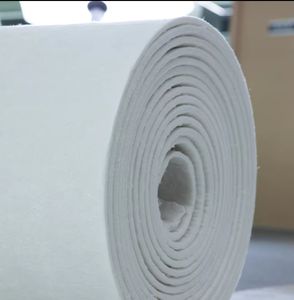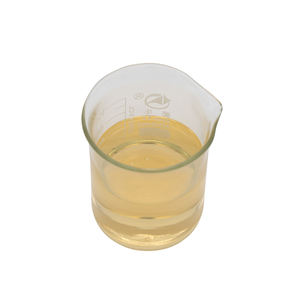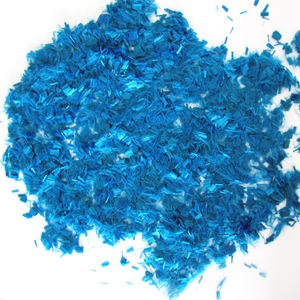
GRC Fiberglass Roving Chopped Strand Glass Fiber Fiberglass for Concrete GFRC UHPC

30mm AEROGEL Insulated Roof and Wall Sandwich Panel White Metal Steel Building

Whole Concrete Basalt Fiber Concrete Reinforcement Basalt Strands High Strength Short Chopped Basalt Fiber

Concrete Additives polyehter defoamer antifoaming agent powder antifoam cement defoamer for construction

High Tensile Strength Pure Spray Polyurea Waterproofing Coating For Concrete Floor

Polypropylene PP Fiber for Building Concrete Composition
Chemical hardener additives increase the strength and abrasion resistance of concrete floors and also aid in the protection of the surface from moisture intrusion. Concrete floor hardeners are ideal for use in warehouses and other industrial facilities where dustproofed, toughened, chemical and abrasion resistant surfaces are desired. concrete hardener additives are also effective when used with green certified concrete polishing equipment and diamond grinding to create a highly reflective, high sheen concrete floor finish.
Generally speaking, a chemical hardener/densifier consists of silicates, soluble salts or siliconates that react with the weak calcium hydroxide in the concrete when it is damp and are applied to the concrete surface once it has already cured to harden the aggregates. Most of these liquid hardeners penetrate deeply into the concrete and as long as moisture is present will continue to chemically react with the weaker calcium hydroxide to produce a harder, denser surface.
The primary reason to wait 7 days before applying a chemical hardener/densifier is that concrete generally achieves about 60-65% of its hydration within this time period, resulting in the concrete producing excess calcium hydroxide. By waiting, there are more sites available for the chemical reaction and this enables the hardening and densification to occur much more rapidly.
A common myth is that a chemical hardener makes the tobermorite crystalline structure of the hydrated cement paste stronger, however industry experts agree that this is not the case. Chemical hardeners, when applied properly and consistently, reduce porosity in the concrete by filling the capillaries in the concrete with silicates, thus decreasing the amount of water vapor that is able to pass through the concrete, while increasing abrasion and wear resistance.
Ask a quote for the latest price and one of our team members will respond as soon as possible. Fields marked with * are required.




